Preventing the worst-case scenario – How clubs support top athletes in their dual careers
An injury can mean the end of everything: your sporting career and, with it, your source of income. That’s why many professional athletes have to make provisions for this nightmare scenario. Around a third of Germany’s top athletes are therefore pursuing a degree. But top-level sport is actually a full-time job. Without support, this double burden is almost impossible to bear. Help is available, but it varies from institution to institution.
Support for dual careers is represented in politics, at universities, and at colleges. It is also a central task of the German Sports Aid Foundation. At the 17 Olympic training centers throughout Germany, top athletes are also supported in their career decisions by professional career advisors from the DOSB. But only those who are at the top of their sport receive advice at the Olympic training centers. This counseling is an exception. The majority of top German athletes train in sports clubs, where support for dual careers varies.
Take Balingen and Rottenburg am Neckar, for example: HBW Balingen-Weilstetten and TV Rottenburg have made support for dual careers a central aspect of their athlete development programs. The clubs offer support and cooperation.
“I know how quickly a career can come to an end.”
Working as a managing director, leading the handball team, sweating during exams: Felix König knows all sides of the coin. The 34-year-old has been managing director of HBW Balingen-Weilstetten since the 2023/24 season. Prior to that, he himself played for the club, which is currently in the second division of the German Bundesliga, for eight years. During his sporting career, Felix König also studied sports management at the University of Tübingen and knows the challenges of a dual career from his own experience: “I think the most important thing is time management,” emphasizes Felix König. Doing well in your studies alongside sport takes a lot of time, explains the young managing director.
Handball poses an additional challenge: “The schedules are always finalized quite late, which means that the training schedules are not available more than six months in advance,” explains Tim Nothdurft. This can lead to scheduling conflicts between university events and training sessions. The former left wing of HBW Balingen-Weilstetten now plays for Rhein-Neckar Löwen in the 1st Bundesliga. Nevertheless, like many young handball players, he pursued a dual career. The 27-year-old professional recently completed his sports management studies at the University of Tübingen. During the exam period, there were sometimes scheduling conflicts, recalls the Reutlingen native. Especially during this stressful time, HBW tries to support its players as best it can. “It goes without saying that a player is absent from training if he has an important exam,” says HBW managing director Felix König. However, the club does not accommodate its players when it comes to league games. In such cases, the exam must be postponed to the next semester or another date. But that goes without saying for those affected. Tim Nothdurft confirms: “That was also clear to me. When we play, I can’t take an exam.”
The players are willing to accept this compromise. In addition to Tim Nothdurft, Elias Huber also decided to study alongside his top-level sport at HBW. The 22-year-old is a former sports management student at the University of Tübingen. Both are aware that they need to pursue additional professional training. After all, a serious injury can quickly end a sporting career.
“That’s why it’s important to have a second source of income,” says Elias Huber. It is also important to continue earning money after your career, adds Tim Nothdurft. Since very few handball players are financially secure after their careers, it is all the more important for them to continue their education alongside their sport. They are not alone in this. Around a third of Germany’s top athletes complete additional professional training.
The HBW supports this attitude. Felix König emphasizes the importance of training or studying alongside a sporting career. The managing director knows himself how quickly a career can be over, “and then in the worst case you’re left with nothing.” At the same time, he stresses that studying cannot be the main focus: that doesn’t work in professional sport. Especially not when the team is preparing for games. Then he has to be there for training, says Elias Huber. “My first job is as a handball player,” affirms the 22-year-old. However, he has the opportunity to do his athletic training independently. This allows him to vary his daily routine.
In addition, HBW Balingen-Weilstetten has a broad network of employers through its sponsors. “If someone says they would like to do an apprenticeship, for example as an industrial clerk, then we try to use our network and our sponsors to find a place for the player,” says Felix König. The same applies to cooperation with universities. There is no cooperation yet, but there are good contacts with the University of Tübingen and Albstadt-Sigmaringen University of Applied Sciences. However, the managing director admits that there is “certainly room for improvement” in this area. Official cooperation with universities is being considered. This should improve communication between educational institutions and the club and make it easier for every player to start a degree program.
The HBW also supports players in contacting player agents. These agents no longer just advise athletes on how to get a higher-paying contract or transfer to a better club. “Many of these player agents now also support their professional careers,” explains Felix König. Elias Huber is grateful to his agent “because he manages everything around me.”
Clubs in other sports also support their athletes in pursuing dual careers. At second division volleyball club TV Rottenburg, this support is even a central aspect of the club and a unique selling point in the region. “Without a dual structure, nothing works,” says Timo Baur, manager of the Bundesliga team. The geographical proximity to the University of Tübingen and regional companies is particularly advantageous in this regard.
Improved funding opportunities through partnerships
With over 4,500 members, the multi-sport club is one of the largest clubs in the Tübingen sports district. After financial problems and a restart in the third division, the club’s volleyball players have been competing in the second Bundesliga South again since 2022. It is important to the club that the personal and professional development of its top athletes also progresses. This is particularly important so that the fall is not so great when their careers are over, Baur emphasizes. Because “in volleyball, players often earn so little money that they have to do something else on the side.”
Many TVR players therefore study or train during their sporting careers. Middle blocker Jan Huber is also aware that volleyball players do not earn enough money to be able to live off it later on. He decided to study. He benefits from the proximity to the University of Tübingen. This allows him to combine sport and study. The 24-year-old benefited from one thing in particular: the club arranged an internship for him through a sponsor.
It was “much easier to get in and it worked better with volleyball” for the master’s student. In general, he has to schedule his studies around training. In individual cases, he can miss training, for example if he has an important university event, Jan Huber explains. “If you communicate it well and early, then it’s not a problem.” “That’s a good thing,” says the 2.07-meter middle blocker, adding that he ultimately wants to finish his studies.
TV Rottenburg relies on local partnerships to support its players. Whether with the University of Tübingen, the University of Applied Forest Sciences in Rottenburg, or the Kreissparkasse savings bank. One partnership in particular stands out. Players who complete training at the Kreissparkasse enjoy a special advantage. It often happens that the team leaves for an away game on Friday. Trainees are then released from work and do not have to take vacation, reports the managing director of TVR. Such flexible working time models are rare.
To give talented players career prospects, TV Rottenburg offers a voluntary social year (FSJ) within its own club. This allows players to concentrate fully on their volleyball careers while gaining initial professional experience in the sports environment.
HBW and TVR set a good example
Handball players Tim Nothdurft and Elias Huber and volleyball player Jan Huber emphasize how important it is to build a second career with a dual career. They are grateful to their clubs, HBW Balingen-Weilstetten and TV Rottenburg, for supporting their players. With their networks, partnerships, and flexibility in training. As a result, the clubs have gained a high status in the region that goes beyond the sporting arena.
The most important thing for players is that they can concentrate on their sport without having to worry about what will happen after their career ends.
Benjamin Stiehl
Featured image: ©Nino Strauch, ©Thomas Schips, ©Oliver Schmidt, ©Ralf Hallmaier
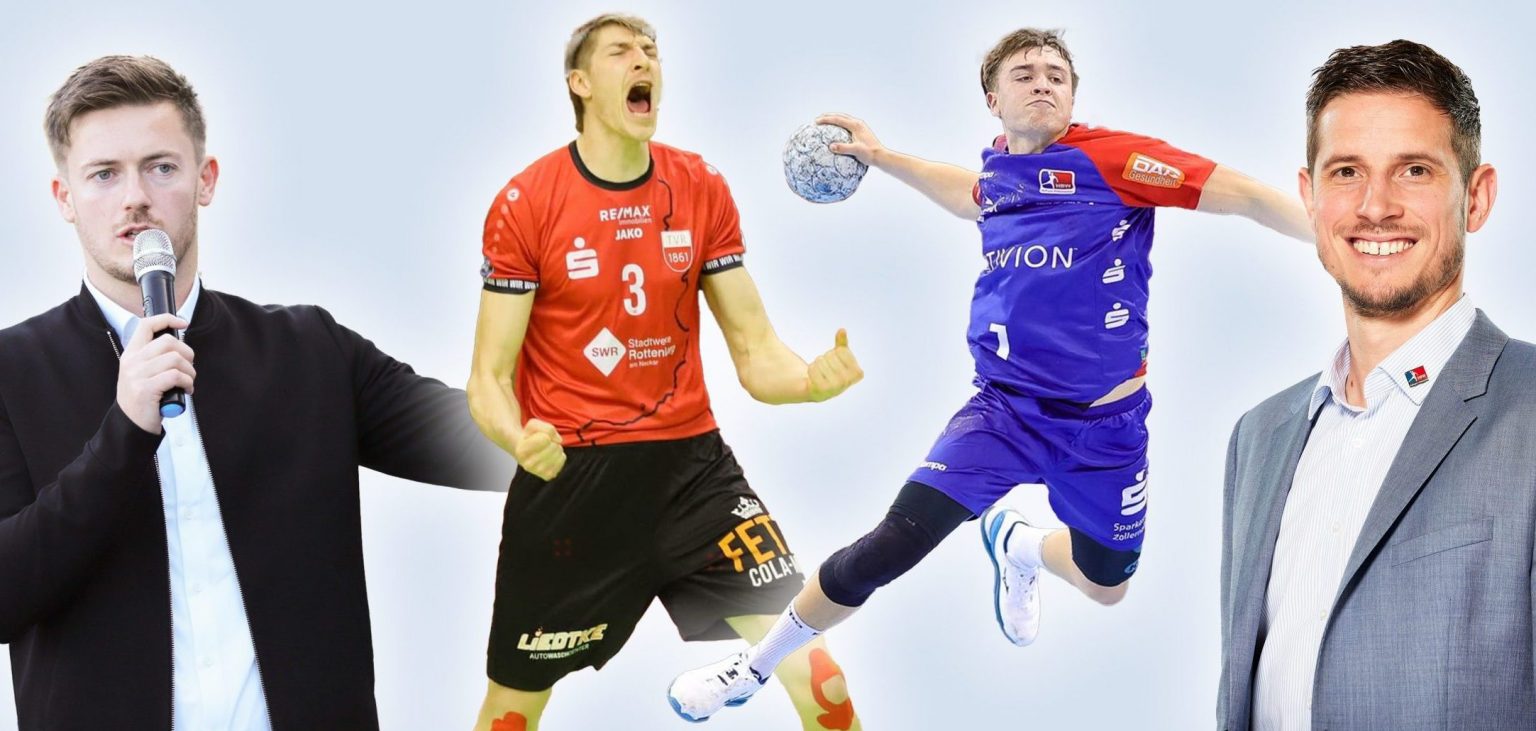
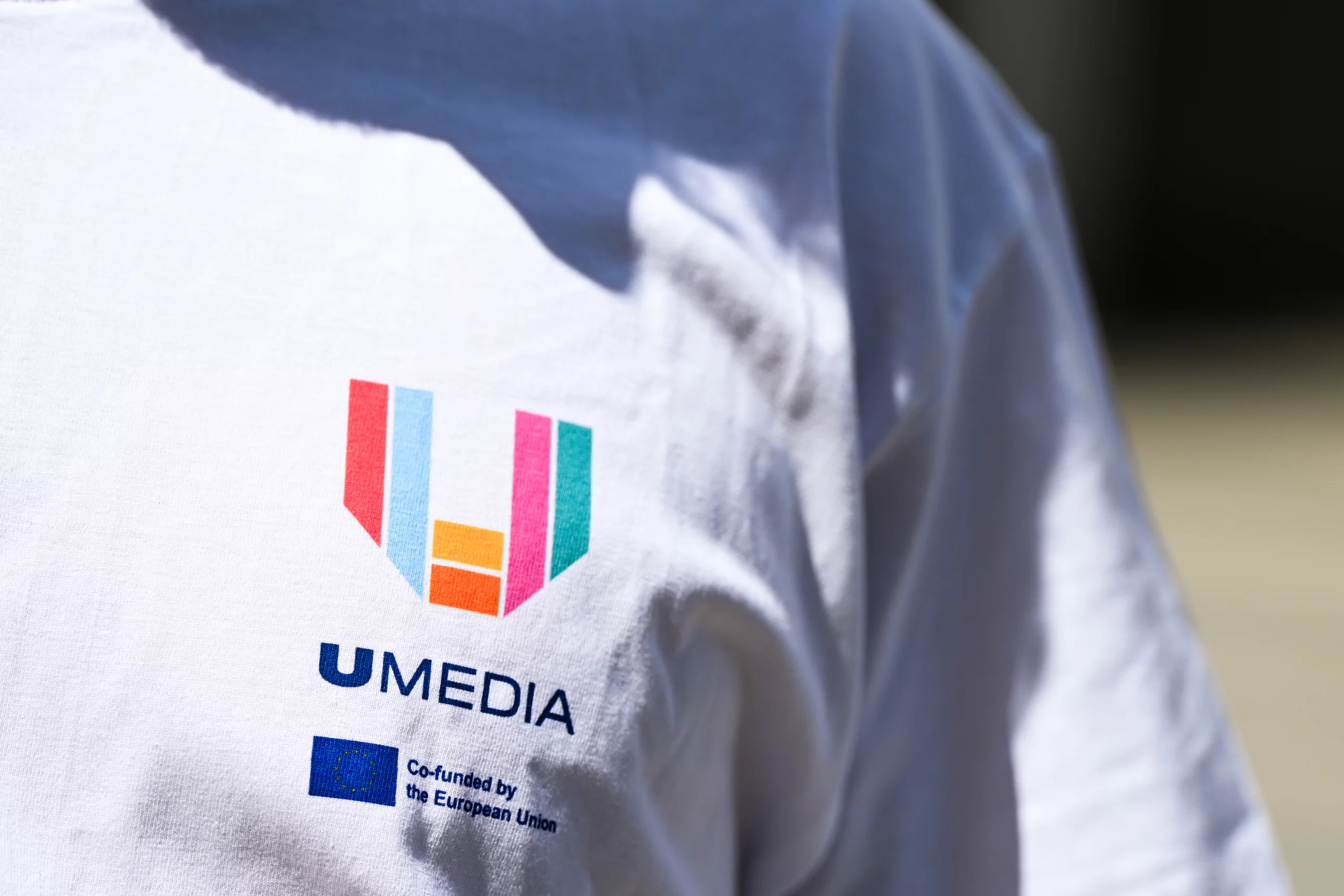
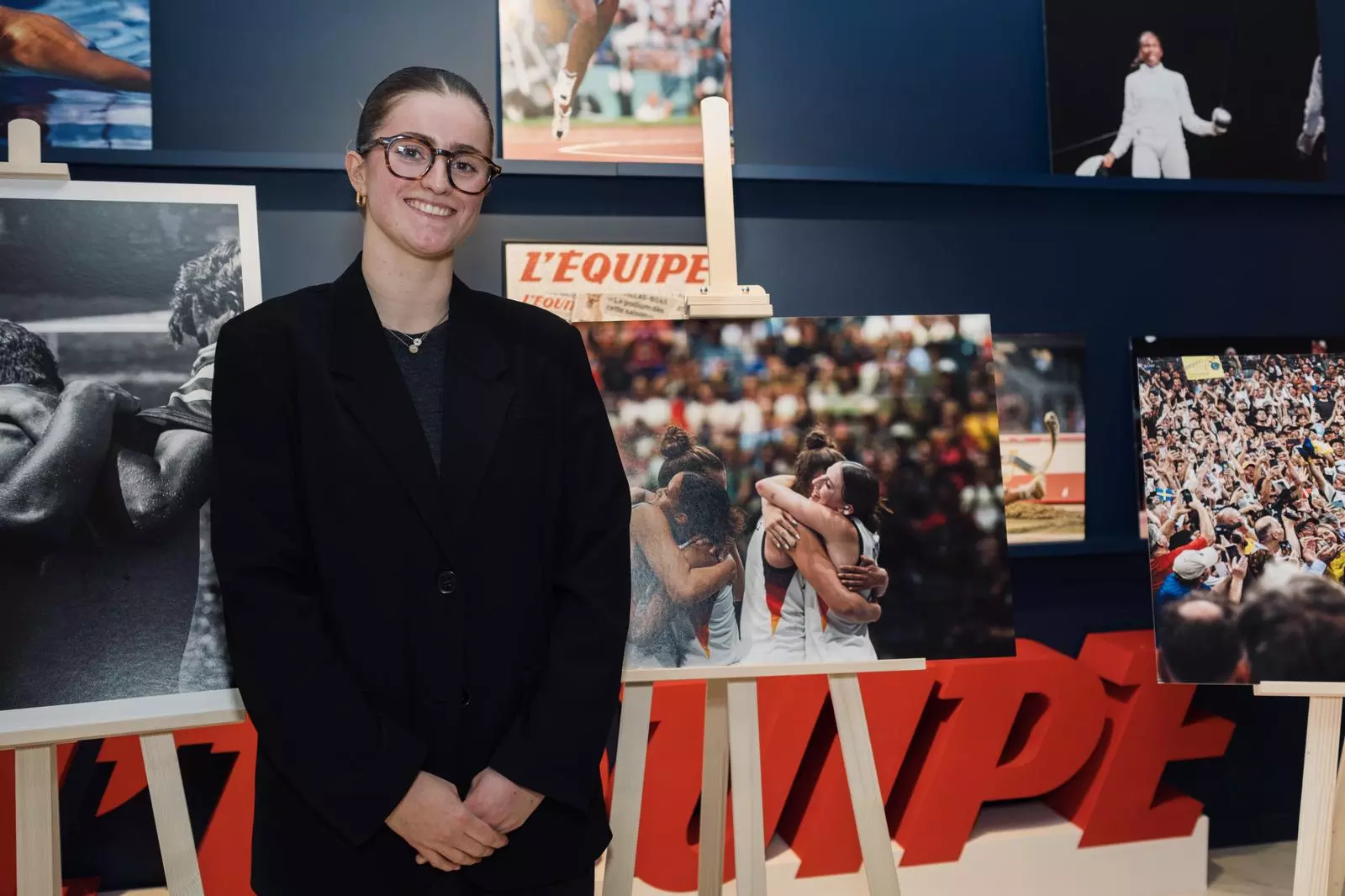
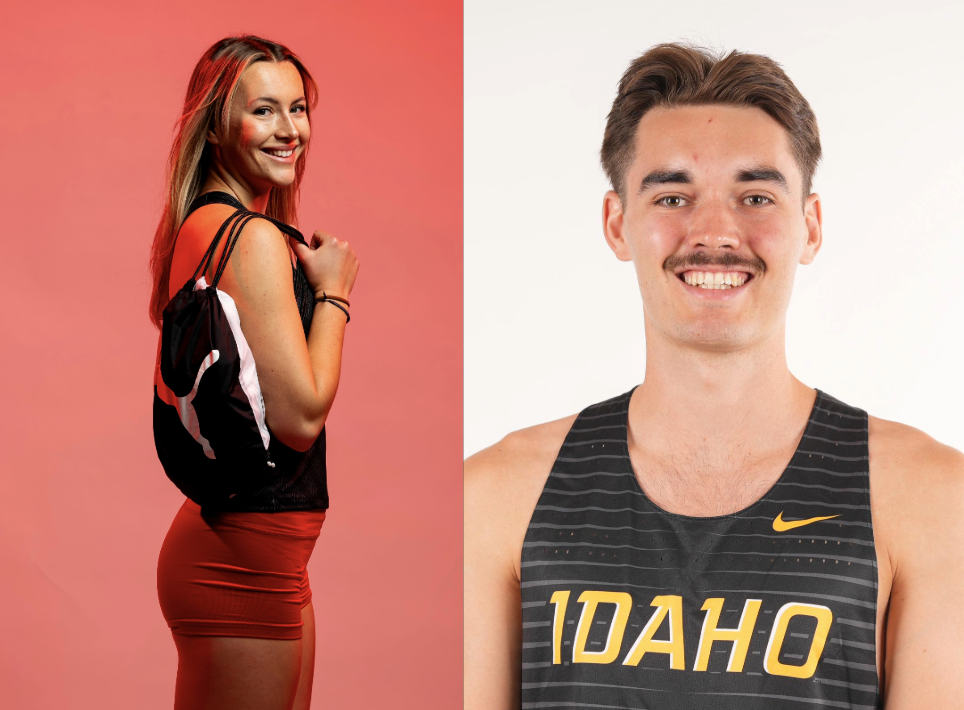
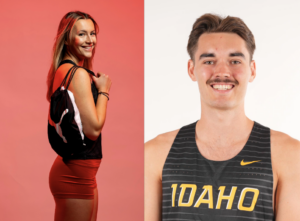
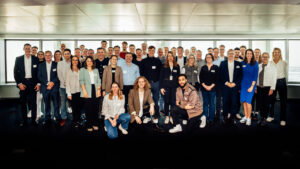
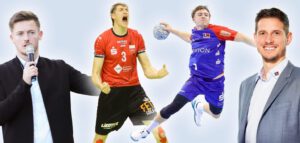
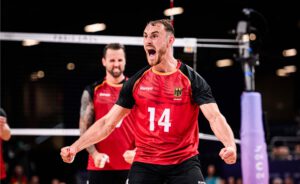

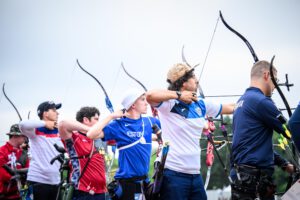
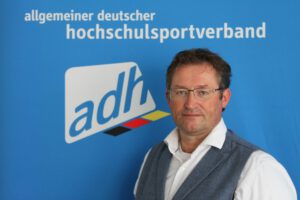


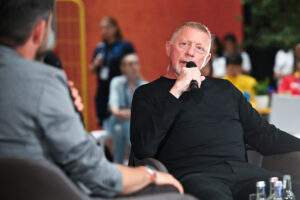
Post Comment